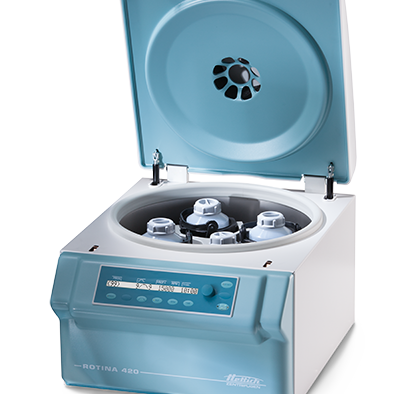Clinical Centrifuges: Safety Tips to Keep in Mind
Maria J. Eubank
October 1, 2022
Share

Clinical centrifuges can be dangerous if they are not used properly. Poor maintenance and user awareness can lead to malfunctions, which can cause damages and even injuries in severe cases.
While clinical centrifuges come with built-in safety features, it is important that users are extra careful when using one. When using a clinical centrifuge, it is important to keep the following safety essentials in mind:
- Make sure you check the maximum load tolerance and speed. Typically, the maximum speed and load tolerance of clinical centrifuges are specified by the manufacturer. Those are also important information that you need to be mindful of. Remember that when you overload a clinical centrifuge, mechanical failure can occur and the centrifuge can get damaged. Injury to the user can also occur.
- Ensure the device is placed on a level surface. When placed in an uneven surface, the centrifuge’s rotor might become imbalanced. Placing the clinical centrifuge on an even and stable surface can also help minimize the vibration significantly.
- Make sure to check the centrifuge before using. When the centrifuge is exposed to moisture, salt, and other harsh chemicals, it can cause corrosion to the buckets and the rotor. If not properly maintained, small holes can also develop. When corrosion occurs, the device can become risky to operate. In some cases, corrosion can also result in rotor failure.
- Ensure the tubes are checked properly each time the centrifuge is used. Centrifuge tubes are rated for their chemical resistance, temperature, and speed. Prior to using the tubes, it is important that you check if they are compatible with the application and settings. It is also crucial to check the condition of the tubes. Keep in mind that even tiny fractures or cracks can cause the tubes to easily break.


















Social Media